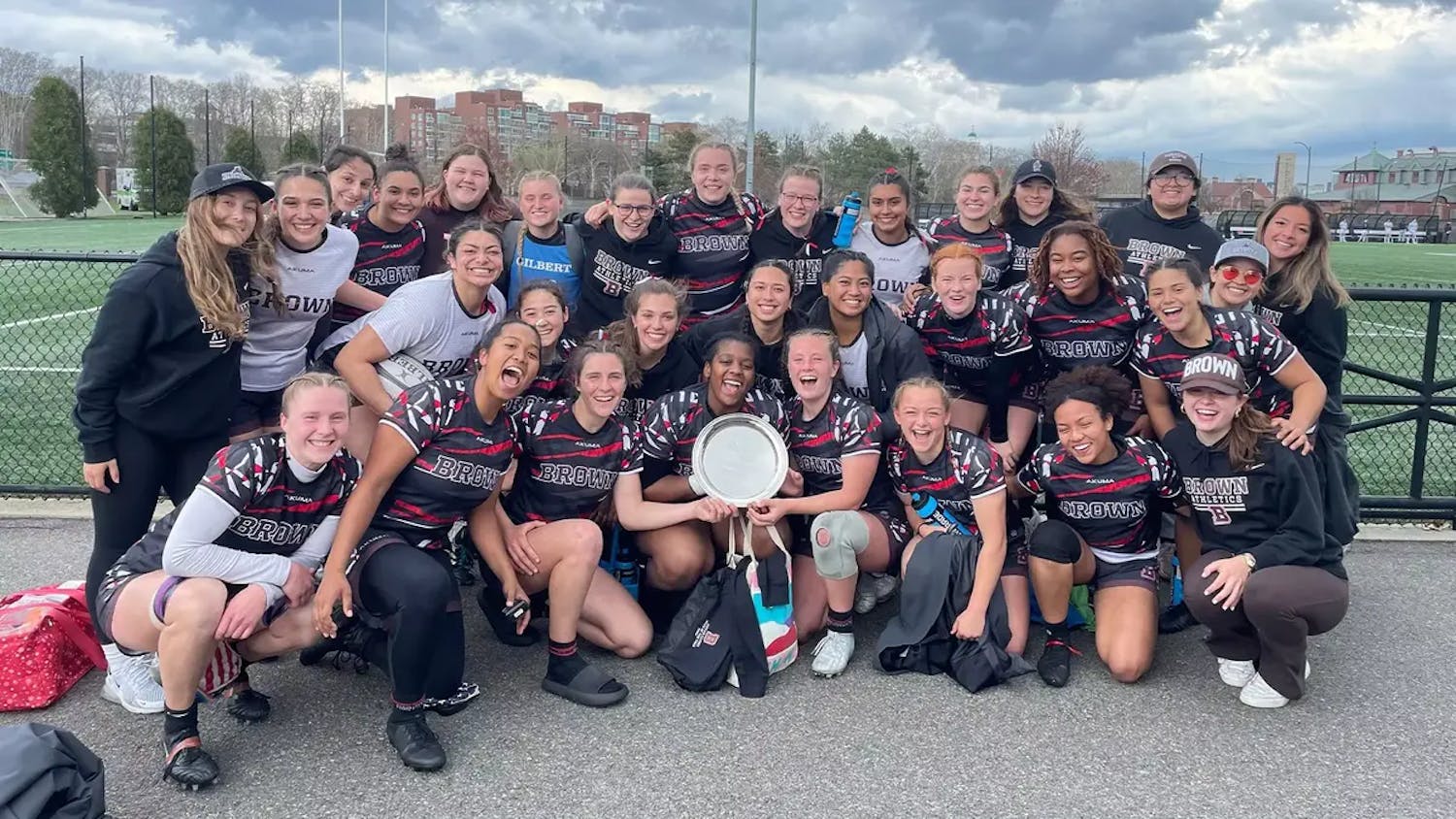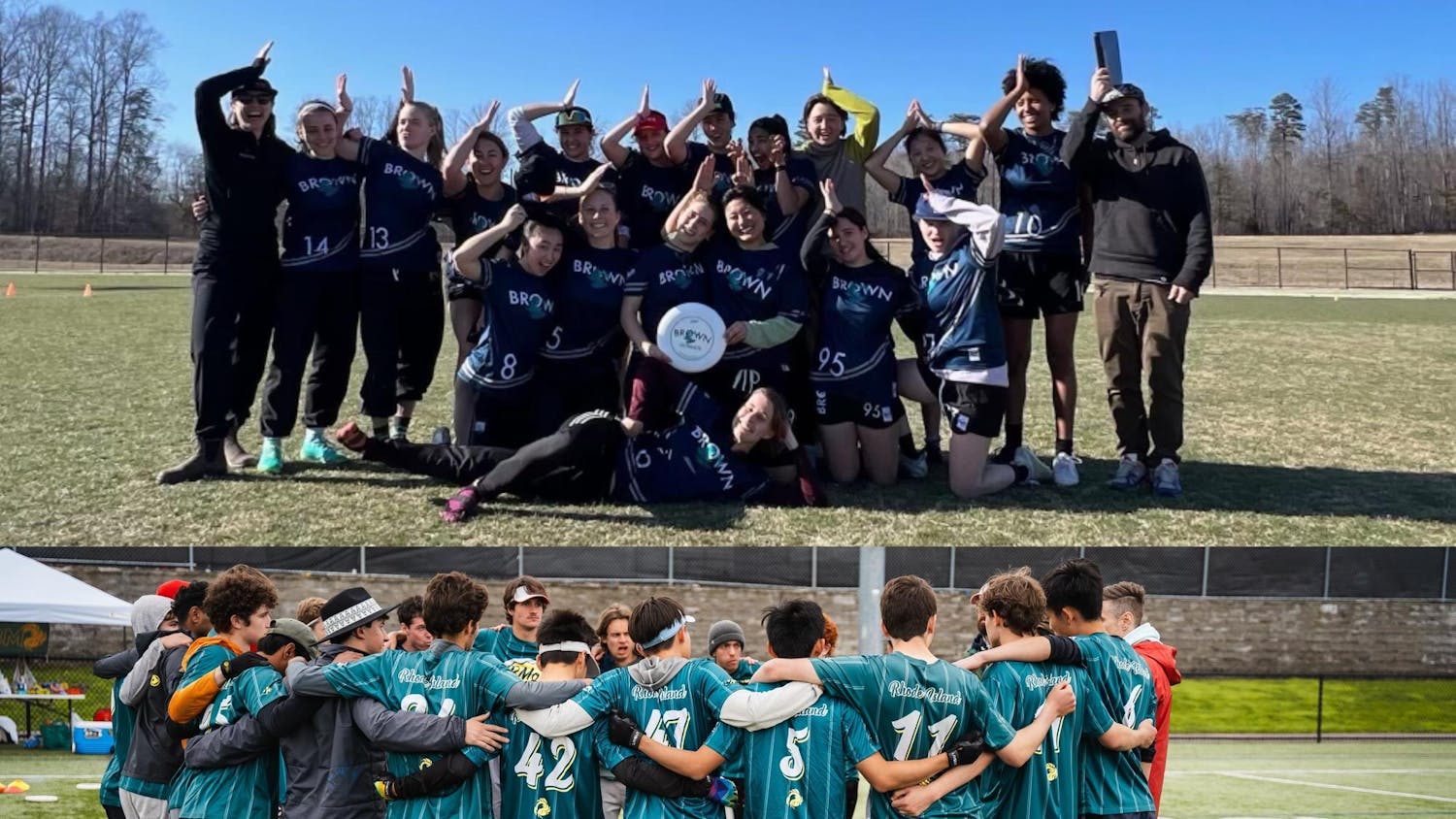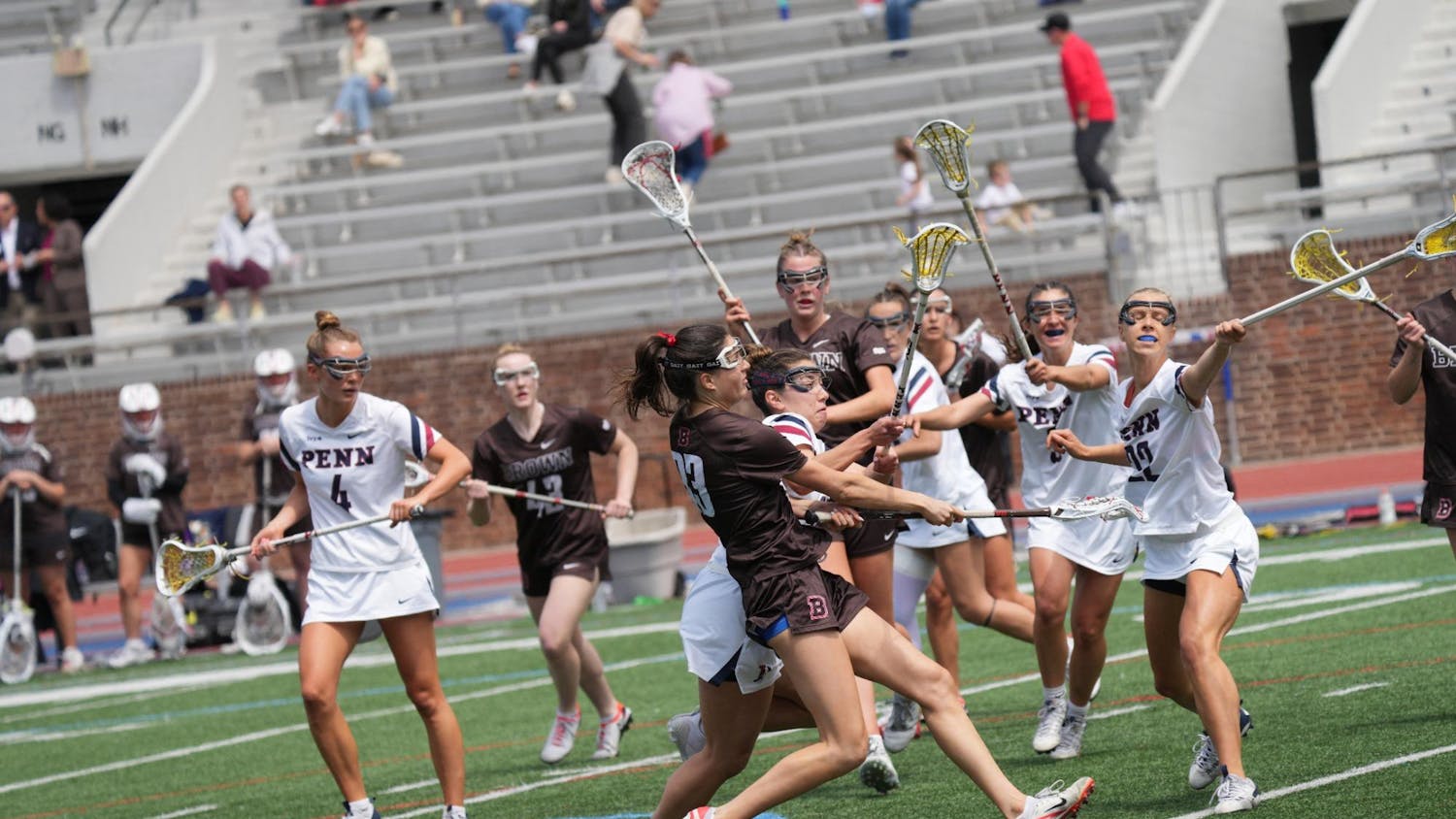I’ve been a diehard Liverpool fan since 2006, but most people don’t know that about me. I wake up early on weekends to watch grainy and buffering feeds of matches that I’m certain will spell the demise of my laptop. I follow players on the rise in the youth academy. I know not to trust any transfer rumor until the club itself announces it.
But I do all this on my own. No watch parties. No banter. I’m not an antisocial sports fan — I’ll talk your ear off about the Patriots, Celtics or Red Sox. But these are the teams I grew up with. I identify with them, the place they call home and fellow fans who feel the same way. But in my obsession with Liverpool as an American, I find isolation.
The seeds of my obsession were sown in second grade, when my parents allowed me to go over to the house of a friend who had FIFA 2002 and a Playstation. For some reason, which I now attribute to cosmic forces, I was drawn to the Liverpool strike force of Emile Heskey and Michael Owen. I had never seen the two play in real life or on television, but in their pixilated forms, I found my two favorite footballers — players that I imagined myself as when playing during recess (narrating my every movement with the accent of a British sportscaster in my head).
Four years later, when watching Univision coverage of the 2006 World Cup that I couldn’t understand, I fell in love with Peter Crouch, a goofy 6 foot 8 inch beanpole of a striker with mediocre skills who ran awkwardly about the pitch and did the robot after he scored. When I looked him up and discovered he played for Liverpool (at the time I was still operating with the starting 11 from my friend’s out-of-date video game), I knew that it was destiny — this club, in a hardscrabble English port city miles away that I had never heard of before, was the one for me.
So I bought a knockoff Crouch No.15 jersey from Thailand on eBay, the letters and numbers of which disintegrated on the first time through the wash. I updated my MySpace with bandwidth-sucking videos of a Crouch bicycle kick goal in the Champions League group stage against Galatasaray and top 10 compilations of the captain Steven Gerrard’s best goals. My parents reluctantly bought me a PS2 of my own, and in FIFA, I dutifully monitored the happenings of the transfer window, editing Liverpool’s rosters and players to make sure that everything was up to date.
But as I grew older and my fandom deepened, I realized I was an outsider to Liverpool. I couldn’t watch any games on TV. I couldn’t turn on the evening news and hear the latest reports on that day’s transfer saga. And I sure as hell couldn’t grab a ticket and pop over to Anfield to take in a match.
This was compounded by my own futility on the pitch. I had played soccer since I was 5, yet slowly but surely my skills fell behind those of my peers. I never mastered how to kick an instep. When I headed the ball, I had no clue where it was going. Knowing the limits of my talents, I kept the ball as far away from my left foot as possible.
And so came my existential crisis as a Liverpool fan — what qualified me to count myself as a follower of this storied club? I couldn’t watch games live. I couldn’t master the most basic skills of the game itself. And I had never even been to the city of Liverpool, let alone knew what it was like to grow up in a place where loving Liverpool and hating Everton and Manchester United was a way of life.
But even with my doubts, the draw of Liverpool was too strong — I couldn’t have left the Reds even if I tried. As high school turned to college, I found ways to live stream matches, followed Twitter accounts devoted to club news and bought a real jersey with letters that did not wash off. Last summer, I finally got to lay eyes on the team, stalking them as they practiced at Harvard during their American preseason tour and meeting and taking pictures with manager Brendan Rodgers and woefully inept midfielder Charlie Adam (who has since thankfully been sold to Stoke City).
Despite my devotion to the club, I still feel as if I don’t belong among the ranks of real fans. When I was abroad in Scotland — my great chance to live in a real, football-loving country — I shied away from showing my cards as a fan. At the activities fair during orientation, I walked up to the “Football Supporters Society” table, and upon hearing me say in my American accent that I was a Liverpool fan, the two guys manning the table made some wise cracks about the Reds’ recent woes. I laughed meekly and walked away. Later, at the pub, I heard Liverpool come up in conversation at the other end of my table. I butted in, asking excitedly, “What are you guys talking about?” The girl next to me turned and replied, “Steven Gerrard,” naming the Liverpool great whose legacy and otherworldly talent I was more than well aware of. She paused and spoke down to me like I was a 4 year old: “He’s a footballer.” “Right,” I said, and turned back to the other end of the table.
I partly think my feelings are irrational. After all, Premier League fans are all over the United States — as demonstrated by NBC’s massive television deal that now allows Americans to watch every EPL game live. Fans are here at Brown in dozens, including many who know a whole lot more than I do, and Liverpool itself has one of the largest global followings in all of soccer. There are local supporters clubs and European sports bars. Of course I’m not isolated — it’s impossible to be isolated from the most lucrative and far-reaching sports league in the world.
But I still can’t shake that feeling. So I watch games alone, cursing every post hit, throwing my arm up at every offside call missed. (I’m much more demonstrative when I watch sports alone — when I watch in a group I go quiet and stoic and am not fun to be around.) I’ll tweet about a match, expecting no reaction or dialogue to ensue — I just need to get things off my chest somewhere. When the match ends, I’ll go on with my day displaying no outward sign that the last 90 minutes of my life had been a roller coaster ride combining pride, stress, letdown, frustration and joy.
Irrational as it may be, I prefer it this way. In actuality, I’m not in a bubble. I’m not in isolation. English theorist Benedict Anderson coined the idea that individuals can become a part of an “imagined community” and identify with an ethos shared with others whom they have never even met. Sure, I’m no Scouser — I can barely understand a word that comes out of Jamie Carragher’s mouth (Youtube it — you try). But in those 90 minutes I’m on my own, I can become part of that world and share in the collective highs and lows that those seated in the Kop experience when Luis Suarez conjures up another bit of magic or lowly Southampton snags an equalizer at the death to cost the Reds three points.
Liverpool’s motto is “You’ll never walk alone,” from the song made popular by the Liverpool-native band Gerry and the Pacemakers. It appears on the Anfield gates, is sung at every match and the club and players sign off messages with “YNWA.” In the most trite of ways, this is quite fitting for my relationship with Liverpool. And I’m not sure if I’d have it any other way.
Ethan McCoy ’14 is not as much of an introvert as this column made him seem. Talk Liverpool, EPL and sports with him at Ethan_McCoy@brown.edu.
ADVERTISEMENT




